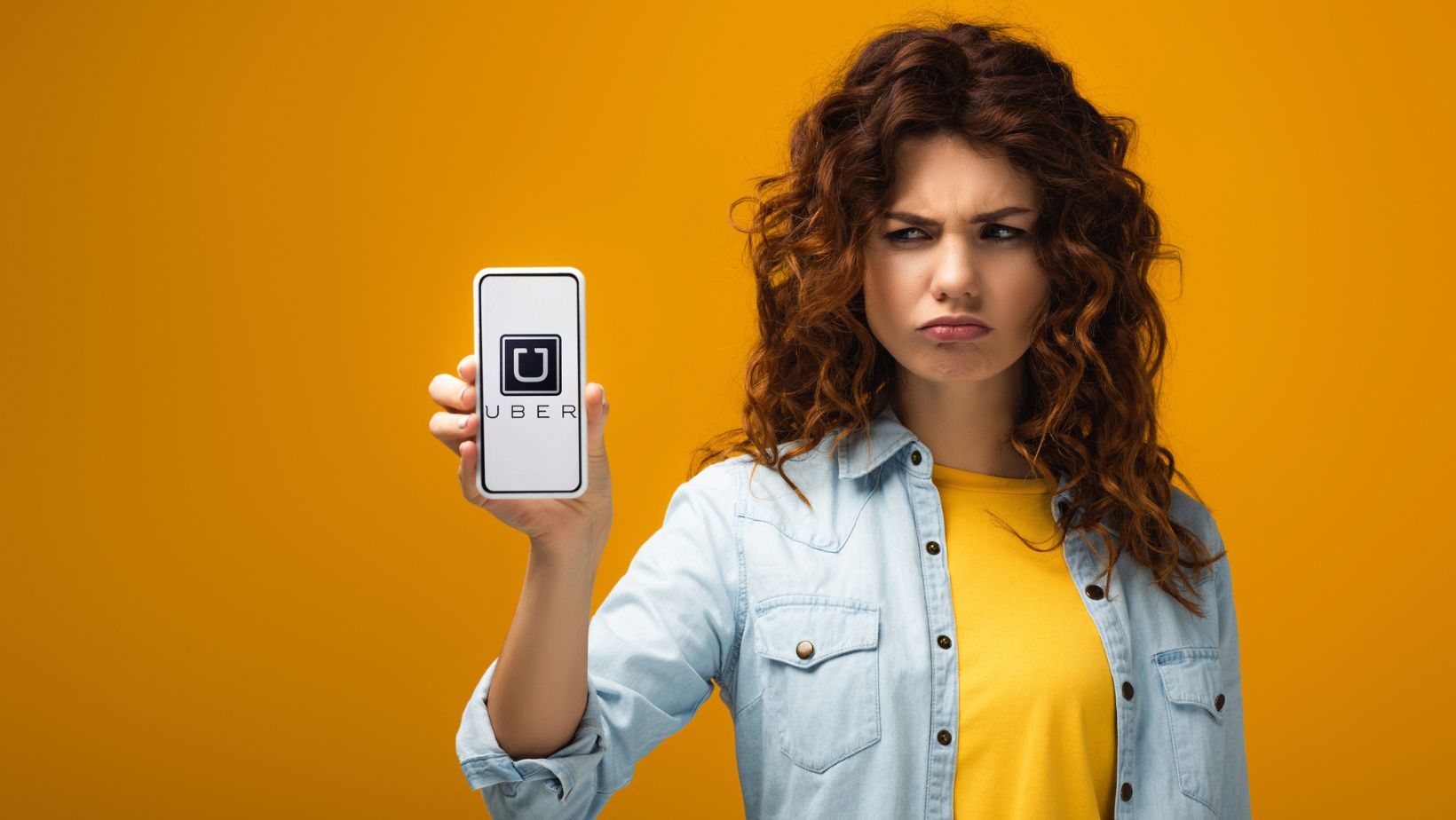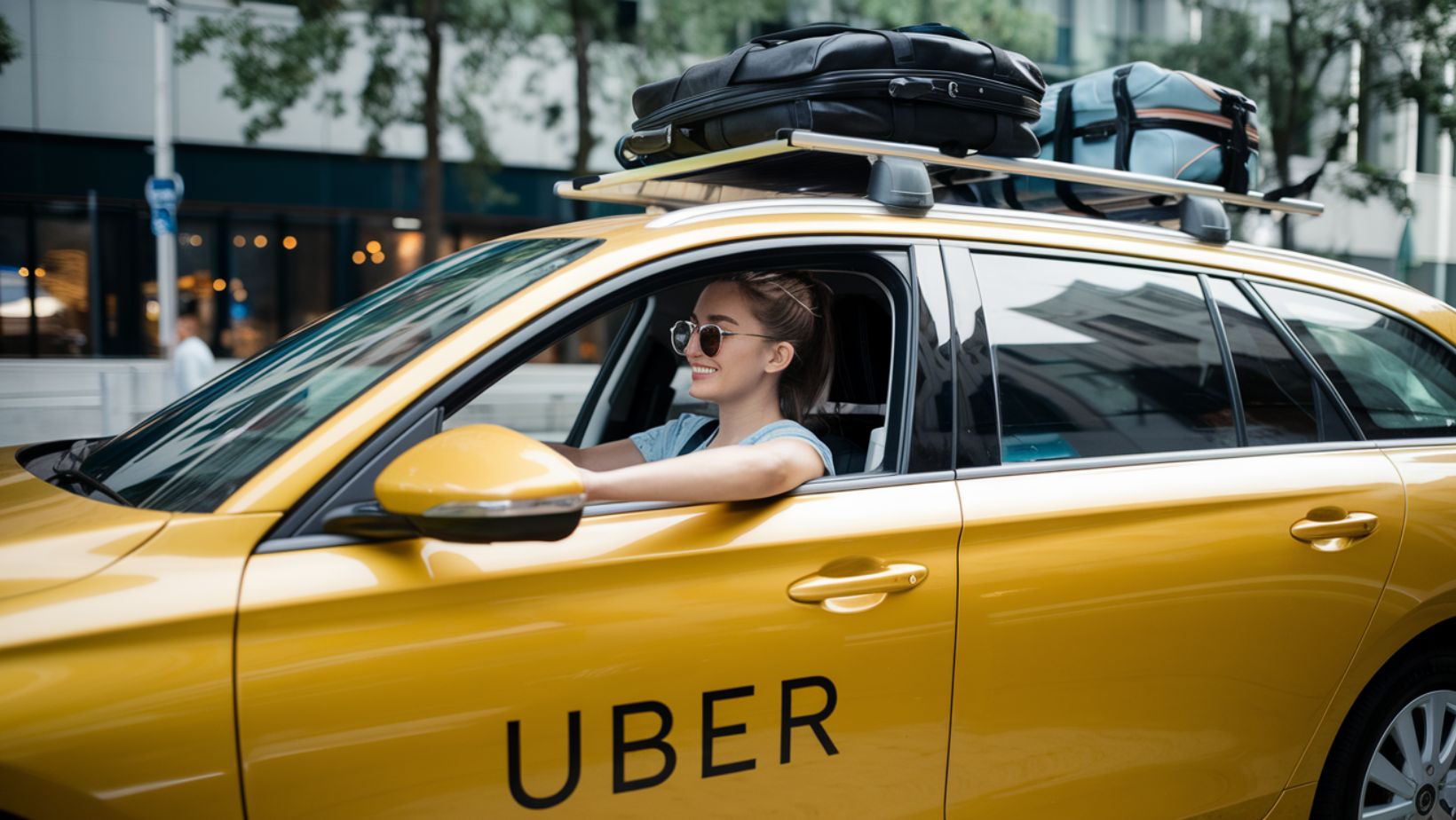Have you ever wondered if you should tip your Uber driver? It’s a question that has puzzled riders since the ride-sharing app first hit the streets. With the convenience of cashless transactions and the promise of “no need to tip,” many passengers are left scratching their heads when it comes to showing appreciation for their drivers. So, what’s the real story behind tipping etiquette in the world of Uber?
Yes, You Should Tip Your Uber Driver
While tipping is not mandatory, it is highly encouraged and appreciated by Uber drivers. Although Uber initially marketed itself as a cashless, tip-free alternative to traditional taxis, the company has since changed its stance. In 2017, Uber introduced an in-app tipping feature, allowing passengers to easily add a gratuity to their fare.
According to a study by the National Bureau of Economic Research, after the introduction of in-app tipping, nearly 60% of Uber rides resulted in a tip, with the average tip being around $3. This demonstrates that many passengers recognize the importance of rewarding good service.
Uber Drivers Rely on Tips to Make a Living Wage
For many Uber drivers, tips are not just a bonus—they are a crucial part of their income. A 2018 study by the Economic Policy Institute found that the median hourly wage for Uber drivers, after expenses, was just $9.21. This figure falls well below the minimum wage in many cities and states. As independent contractors, Uber drivers are responsible for covering their own expenses, such as gas, vehicle maintenance, and insurance.
Tips help to offset these costs and provide a much-needed boost to their earnings. “I rely on tips to make ends meet,” confessed one Uber driver, who wished to remain anonymous. “Without them, I’d be struggling to pay my bills and support my family.”
Tipping Encourages Better Service and Higher Ratings
When you tip your Uber driver, you are not only showing appreciation for their service but also encouraging them to go above and beyond for future passengers. Drivers who consistently receive tips are more likely to maintain a high rating on the app, which can lead to more ride requests and better earning potential. “I always try to provide the best possible service to my passengers,” said Maria, a veteran Uber driver. “When someone tips me, it feels like a recognition of my hard work and dedication. It motivates me to keep striving for excellence.”
The Unwritten Rules of Uber Tipping
While there is no set rule for how much to tip your Uber driver, a general guideline is to tip 10-15% of the fare for good service, and 20% or more for exceptional service. However, even a small tip of a dollar or two can make a big difference to a driver’s daily earnings. It’s also important to consider factors such as the length of the trip, the driver’s promptness, and their overall professionalism.
If your driver helps you with luggage, provides useful local recommendations, or goes out of their way to ensure a smooth ride, a larger tip may be warranted.
The Consequences of Not Tipping
While not tipping your Uber driver may seem like a small matter, it can have significant consequences. Drivers who consistently receive low or no tips may become discouraged and less motivated to provide excellent service. In some cases, they may even choose to leave the platform altogether, leading to a shortage of available drivers and longer wait times for passengers.
Furthermore, not tipping can contribute to the overall exploitation of gig workers, who often struggle to make a fair living wage. “When passengers don’t tip, it feels like they don’t value my time and effort,” said Tom, an Uber driver who has been on the platform for three years. “It’s demoralizing and makes me question whether this job is worth it.”
Tipping Alternatives for Cashless Passengers
For passengers who prefer not to carry cash, there are still ways to show appreciation for your Uber driver. In addition to the in-app tipping feature, you can also tip using a credit card or mobile payment app, such as Venmo or Cash App. Some drivers may even have a sign or card in their vehicle with their preferred tipping method. If you forget to tip at the end of your ride, don’t worry—Uber allows you to add a tip up to 30 days after the completion of your trip. Simply visit the “Your Trips” section of the app, select the relevant ride, and choose the “Add a Tip” option.
The Impact of Tipping on the Gig Economy
The debate around tipping Uber drivers is part of a larger conversation about the gig economy and the rights of independent contractors. As more and more people rely on platforms like Uber for their livelihoods, it’s crucial to ensure that these workers are treated fairly and able to earn a living wage. Tipping is just one small way that passengers can support drivers and contribute to a more equitable gig economy. However, systemic changes, such as increased regulation and better protections for workers, are also necessary to address the root causes of exploitation and insecurity in the industry.
Famous Personalities Weigh In on Uber Tipping
The question of whether to tip Uber drivers has even caught the attention of celebrities and public figures. In a tweet that went viral, actress and activist Alyssa Milano encouraged her followers to “always tip your Uber driver.”
Similarly, entrepreneur and investor Mark Cuban has spoken out in favor of tipping, arguing that it’s a small price to pay for the convenience and quality of service that Uber provides. On the other hand, some high-profile individuals, such as Shark Tank’s Kevin O’Leary, have taken a more controversial stance, suggesting that tipping is unnecessary and that drivers should be satisfied with their base pay.
Tipping in the Age of Autonomous Vehicles
As Uber and other ride-sharing companies invest in the development of autonomous vehicles, the question of tipping may become even more complex. Will passengers still feel compelled to tip if there is no human driver behind the wheel? Some experts predict that the rise of self-driving cars could lead to a decline in tipping culture, as the personal interaction between driver and passenger is removed from the equation.
However, others argue that tipping could evolve to recognize the work of the programmers, engineers, and other professionals who make autonomous rides possible. As the technology continues to advance, it will be interesting to see how social norms around tipping adapt and change.
The Psychology of Tipping
At its core, the decision to tip is often driven by a complex mix of social, emotional, and cultural factors. Studies have shown that people are more likely to tip when they feel a personal connection to the service provider, or when they believe that their tip will make a meaningful difference in someone’s life. The act of tipping can also be a way for passengers to assert their power and status, or to alleviate feelings of guilt or obligation.
Understanding these psychological motivations can help to shed light on why some people are more inclined to tip than others, and how tipping culture can vary across different contexts and societies.
The Future of Tipping in the Ride-Sharing Industry
As the ride-sharing industry continues to evolve, it’s likely that the norms and expectations around tipping will also change. Some experts predict that tipping could become more standardized and transparent, with clearer guidelines and recommendations for passengers. Others suggest that tipping could be replaced by other forms of compensation, such as bonuses or incentives for high-performing drivers.
Ultimately, the future of tipping in the ride-sharing industry will depend on a variety of factors, including technological advancements, regulatory changes, and shifts in social attitudes and behaviors.
Tipping Etiquette Around the World
It’s worth noting that tipping customs can vary widely across different countries and cultures. In some places, such as Japan and South Korea, tipping is not a common practice and may even be considered rude or insulting. In other countries, like the United States and Canada, tipping is a deeply ingrained social norm and is expected in many service industries.
When traveling abroad or using ride-sharing services in unfamiliar locations, it’s always a good idea to research local tipping customs and adjust your behavior accordingly. By being mindful of cultural differences and showing respect for local practices, you can help to foster positive interactions and build bridges of understanding between people from diverse backgrounds.
The Economic Impact of Tipping
Beyond its effects on individual drivers and passengers, tipping also has broader economic implications. Research has shown that tipping can help to stimulate local economies, as workers who receive tips are more likely to spend their earnings in their communities. Tipping can also provide a buffer against economic downturns, as people may be more inclined to tip generously during times of financial hardship.
However, critics argue that relying on tips can perpetuate inequality and create a two-tiered system in which some workers are more dependent on the generosity of others. As the debate around tipping continues to evolve, it will be important to consider both the micro and macro-level impacts of this complex and multifaceted practice.
Tipping and the Future of Work
The question of whether to tip Uber drivers is not just about individual rides or interactions—it’s also about the larger forces that are shaping the future of work. As more and more people participate in the gig economy, either by choice or necessity, it’s crucial to ensure that these workers are treated with dignity and respect.
Tipping is just one small way that we can recognize the value of their labor and contribute to a more just and equitable society. By engaging in thoughtful and informed discussions about tipping and other aspects of the gig economy, we can help to create a future in which all workers are able to thrive and succeed, regardless of their background or circumstances.

